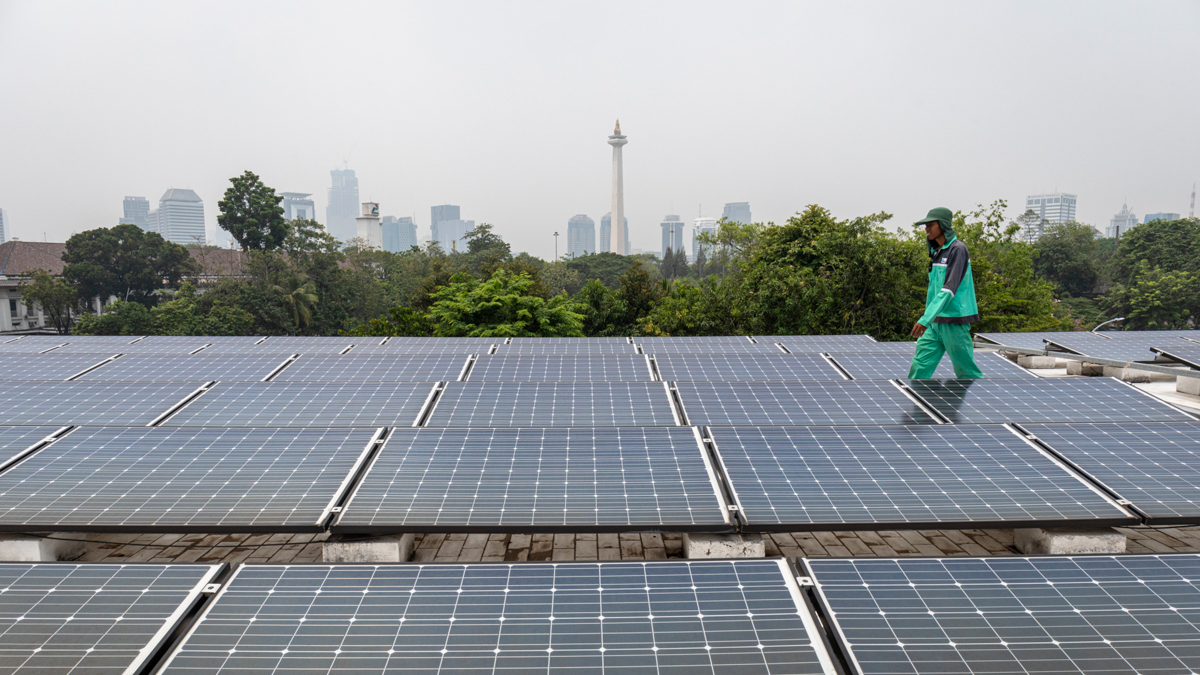The shift is driven in part by the need for climate funding from abroad
Asia’s financial regulators are exhibiting an increased focus on and significant new efforts to mandate or encourage climate disclosures, a new survey shows.
The study by the Asian Development Bank Institute (ADBI) found that the regulators’ awareness of the International Sustainability Standards Board (ISSB) climate disclosure guidelines, with nearly 70% of those surveyed planning to introduce mandatory disclosures.
Several regulators are also planning to require disclosures of greenhouse gas emissions, with 42% planning to require and 8% planning to recommend Scope 3 emissions, which include the whole supply chain including suppliers, as well as Scopes 1 and 2, covering direct and indirect operational emissions. Around 25% are planning to mandate or recommend just Scopes 1 and 2, while the remaining 25% are undecided.
“I was very surprised, to be honest… because last February when we met these financial regulators … they didn’t know anything about ISSB.”
The survey of 12 financial regulators in Asia shows that the region’s understanding of the ISSB and the importance of mandatory climate disclosure has increased drastically from when the first survey was conducted a year ago, said report author Sayuri Shirai, a professor at Keio University and former board member of the Bank of Japan.
“I was very surprised to be honest, especially about ISSB disclosure [and] the level of their understanding, because last February, when we met these financial regulators … they didn’t know anything about ISSB,” she said.
The scope of companies subject to ISSB-climate related disclosures was also surprisingly high, with 70% indicating they plan to apply to some unlisted companies as well as listed ones.
Building better carbon credits
Meanwhile, the survey also showed that regulators have a high level of understanding of the need for voluntary carbon credits and have made efforts to enhance the quality and soundness of said markets.
Nearly 70% of respondents said they plan to require companies to disclose whether carbon credits are technology or nature-based, while 25% intend to require or recommend disclosure of whether the credits meet high-quality standards.
The spread of ISSB-aligned requirements is encouraging, as standardized climate-related corporate disclosure is essential for encouraging climate finance, Shirai added.
Financial regulators across Asia have steadily been increasing their work on climate finance. Both the Association of Southeast Asian Nations (Asean) and China have green taxonomies which are largely aligned with the one developed by the EU.
Shirai, who conducted the survey as an advisor on sustainable policies at the ADBI, said part of the increase in understanding and mandatory reporting was down to education and work within the financial regulatory space. But part is also down to a need for green financing in Asian countries.
Asian countries want to bring in money from abroad, which means they need to demonstrate progress on disclosures, as well as awareness of ISSB standards
“So far, cross-border capital flows of climate finance are still limited. So they are trying to develop their own market because a lot of Asian countries are becoming middle-income countries,” she said.
But Asian countries still want to bring in money from abroad, which means they need to demonstrate progress on disclosures, as well as awareness of ISSB standards, Shirai said. While the US has pulled back from its climate policies, with the SEC freezing its climate disclosure rules, the trend in Asia “will not change, because they are already facing serious physical risk.”
This article was originally published by Green Central Banking.
Featured photo: Jakarta, Indonesia. Source: Aji Styawan / Climate Visuals


